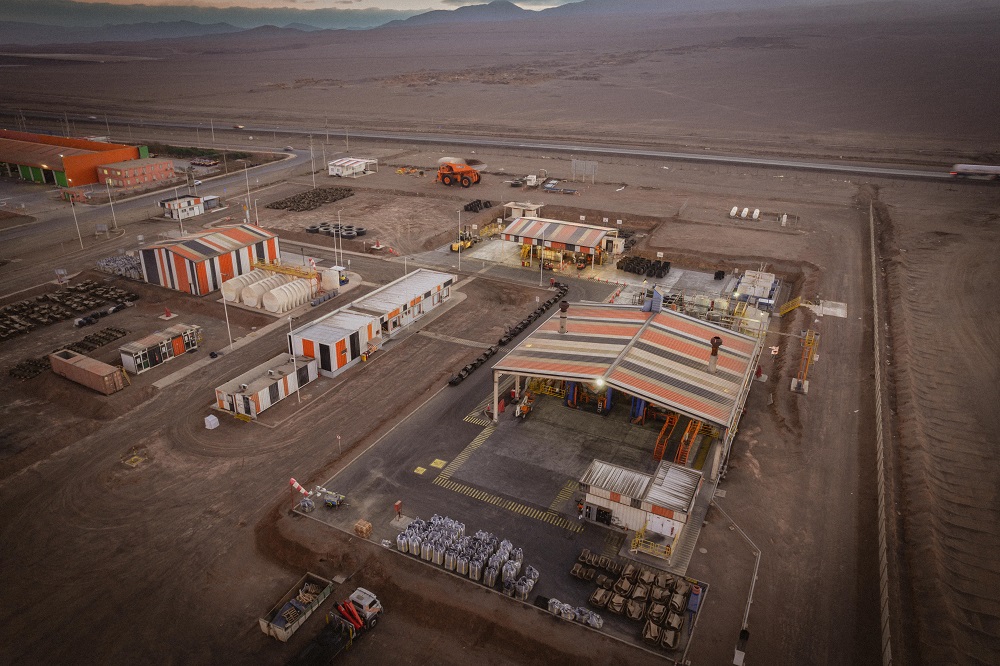Kal Tire’s Chilean mining tyre recycling plant is now producing ISCC certified material that supports the circular economy and a lower carbon future
Kal Tire’s Mining Tire Group announced it has received International Sustainability and Carbon Certification (ISCC) PLUS certification verifying that its mining tyre recycling facility in Chile processes circular feedstocks.
“Kal Tire is committed to promoting a circular economy where recycled mining tyre products are given their highest and best use,” says Dan Allan, senior vice president Kal Tire’s Mining Tire Group. “This ISCC PLUS certification ensures customers can confidently source our recycling facility’s outputs knowing they’re 100 per cent derived from waste materials.”
At Kal Tire’s facility in Northern Chile, end-of-life ultra-class tyres are converted to their base elements (carbon black, oil and steel) so they can be reused in new products instead of raw materials. The facility’s thermal conversion processes uses heat and friction to induce a process that sees virtually 100 per cent of the tyre reused.
The ISCC PLUS certification verifies that the Chile recycling facility meets the circular materials standards for reclaimed oil, carbon black and syngas using a mass balance chain of custody approach. ISCC is a global leader in standards development for chemically recycled sustainable materials. Kal Tire is one of just a few mining tyre recycling facilities in the world that the company is aware of to have achieved ISCC PLUS certification for producing circular feedstocks— generating outputs that are 100 per cent ISCC PLUS compliant.
Kal Tire’s facility has the capacity to process five 63” tyres (20,000 kilograms) every day—creating 8,000 kg of carbon black, 6,500 litres of oil, 4,000 kg of steel and enough synthetic gas to fuel the plant itself for seven hours. The company is seeing growing demand for recovered carbon black (rCB), which can be used to produce tyres and plastic products.




















